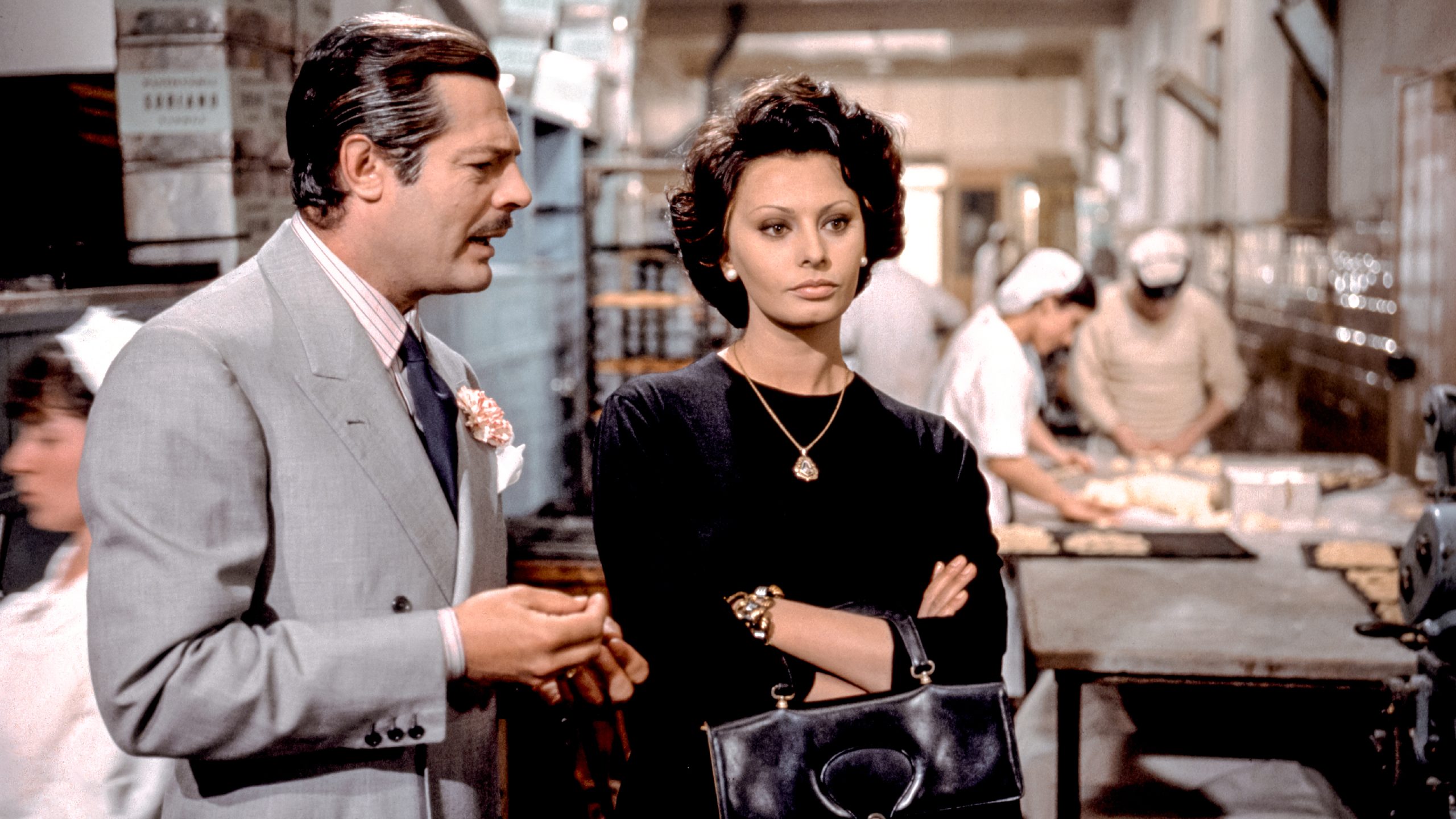Italian cinema has long held a significant place on the world stage, celebrated for its artistry, innovation, and profound cultural impact. From the post-war era of neorealism to the stylish films of the 1960s and beyond, Italian filmmakers and actors have left an indelible mark on international cinema. The global perception of Italian cinema and its stars reflects a deep appreciation for their unique contributions to the art form.
The Golden Age of Italian Cinema
Italian cinema gained international acclaim in the post-World War II era with the rise of neorealism. Filmmakers like Roberto Rossellini, Vittorio De Sica, and Luchino Visconti sought to depict the harsh realities of everyday life, focusing on the struggles and resilience of ordinary people. Films such as “Rome, Open City” (1945), “Bicycle Thieves” (1948), and “La Terra Trema” (1948) were lauded for their emotional depth, social commentary, and innovative use of non-professional actors and real locations.
These films resonated with audiences worldwide, earning critical acclaim and numerous awards. Neorealism’s influence extended far beyond Italy, inspiring filmmakers in countries like France, India, and Brazil to explore similar themes and techniques.
The Glamour and Innovation of the 1960s
The 1960s marked a period of stylistic innovation and global influence for Italian cinema. Directors like Federico Fellini, Michelangelo Antonioni, and Sergio Leone pushed the boundaries of film narrative and aesthetics. Fellini’s “La Dolce Vita” (1960) and “8½” (1963) became iconic for their imaginative storytelling and visual flair. Antonioni’s contemplative dramas, such as “L’Avventura” (1960) and “Blow-Up” (1966), challenged conventional narrative structures and explored themes of alienation and existentialism.
Meanwhile, Sergio Leone revolutionized the Western genre with his “spaghetti westerns,” including “A Fistful of Dollars” (1964) and “The Good, the Bad and the Ugly” (1966). These films, characterized by their stylized violence, memorable music scores by Ennio Morricone, and the iconic presence of Clint Eastwood, achieved immense popularity worldwide and redefined the Western genre.
The Icons of Italian Cinema
Italian actors have also played a pivotal role in shaping the global perception of Italian cinema. Names like Marcello Mastroianni, Sophia Loren, Gina Lollobrigida, and Anna Magnani became synonymous with the allure and talent of Italian film. Mastroianni’s collaboration with directors like Fellini and De Sica, particularly in films such as “La Dolce Vita” and “Divorce Italian Style” (1961), solidified his status as an international star.
Sophia Loren, one of the most beloved Italian actresses, gained worldwide fame for her roles in films like “Two Women” (1960), for which she won an Academy Award, and “Yesterday, Today and Tomorrow” (1963). Her beauty, charisma, and acting prowess made her an enduring symbol of Italian cinema.
Contemporary Italian Cinema
In recent years, Italian cinema has continued to captivate international audiences with its diverse storytelling and innovative filmmaking. Directors like Paolo Sorrentino and Matteo Garrone have garnered global recognition for their work. Sorrentino’s “The Great Beauty” (2013) won the Academy Award for Best Foreign Language Film, while Garrone’s “Gomorrah” (2008) received critical acclaim for its unflinching portrayal of the Neapolitan mafia.
Italian actors remain influential on the global stage, with stars like Monica Bellucci, Roberto Benigni, and Toni Servillo gaining international acclaim. Bellucci’s roles in films like “Malèna” (2000) and “The Matrix Reloaded” (2003) showcased her versatility and appeal. Benigni’s “Life Is Beautiful” (1997), which he directed and starred in, won three Academy Awards, including Best Actor for Benigni himself.
Global Appreciation and Influence
The global perception of Italian cinema and its actors is one of deep admiration and respect. Italian films are celebrated for their artistic innovation, emotional depth, and cultural significance. The actors are revered for their talent, charisma, and ability to bring complex characters to life.
Italian cinema’s influence is evident in the works of filmmakers around the world who draw inspiration from its rich history and stylistic diversity. From neorealism to contemporary cinema, Italy’s contributions to the film industry continue to resonate, making it a vital and cherished part of global cinematic heritage.
In conclusion, Italian cinema and its actors have earned a prestigious place in the hearts and minds of international audiences. Their enduring legacy is a testament to the power of storytelling and the universal appeal of film as an art form.
Watch our movies on Movieitaly+
Read more articles here!






